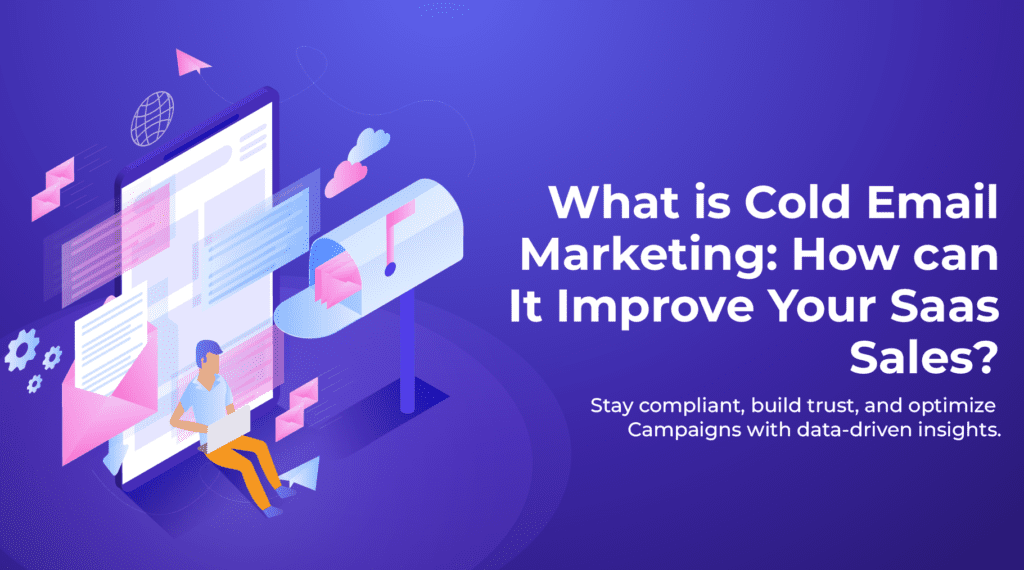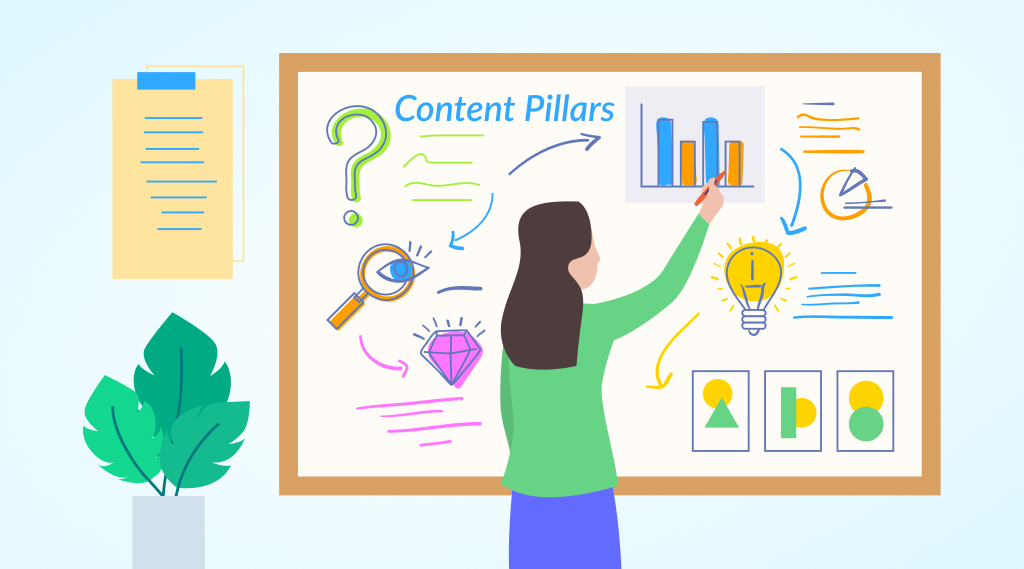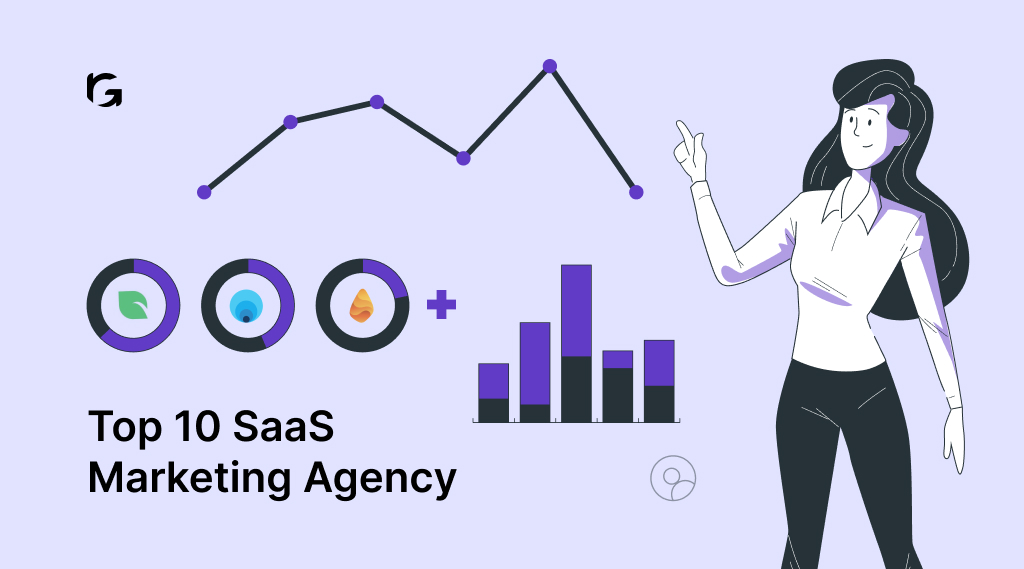Introduction
Where every click holds the promise of a potential customer, one strategy has emerged as a stalwart in the realm of SaaS sales: Cold Email Marketing. As businesses strive to carve their niche in the competitive world of Software as a Service (SaaS), the power of a well-crafted cold email cannot be underestimated.
In this exploration of the intricacies of cold email marketing, we delve into the depths of its definition, unravel the strategies that make it an indispensable tool for SaaS sales, and decipher how it has become a linchpin for businesses aiming not just for visibility, but for conversions that resonate in the digital echo.
Join me on this journey as we uncover the nuances of cold email marketing and understand how it can be the catalyst your SaaS venture needs to ascend to unprecedented heights in the ever-evolving landscape of online commerce.
What Is Cold Email Marketing?
Ever wondered how some businesses seem to magically appear in your inbox, offering solutions you didn’t know you needed? That’s the art of Cold Email Marketing, a game-changer for SaaS companies.
So, what is it exactly?
Cold email marketing is like making new friends online, but for businesses. It’s about reaching out to people who haven’t heard about your software yet. Imagine it as a friendly introduction to your SaaS world.
But here’s the trick – it’s not just about sending generic messages. It’s like tailoring a message to fit someone perfectly. Think of it as a conversation starter, a way to show them how your SaaS solution can make their work life easier and better.
In the next part, we’ll break down the steps to make your cold emails stand out. From picking the right people to talk to, to telling your SaaS story in a way that makes them go, “Wow, I need this!” – we’ll cover it all. Ready to dive into the world of Cold Email Marketing and supercharge your SaaS sales? Let’s go!
How Do I Start Cold Email Marketing?
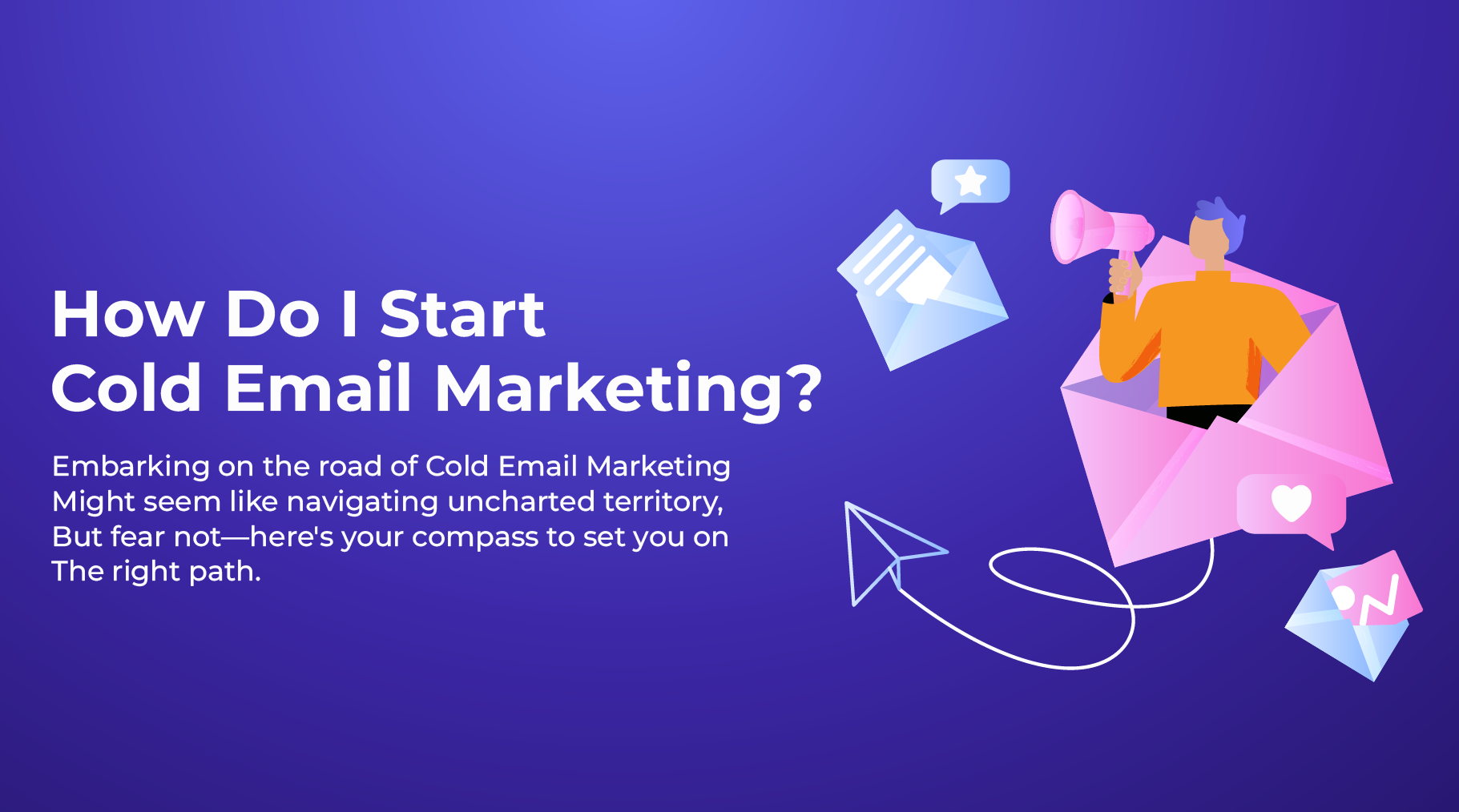
Embarking on the road of Cold Email Marketing might seem like navigating uncharted territory, but fear not—here’s your compass to set you on the right path.
1. Define Your Goal:
Before crafting a single email, be crystal clear about what you want to achieve. Whether it’s boosting SaaS sign-ups, increasing product demos, or driving sales, having a well-defined goal will shape your entire strategy.
2. Know Your Audience:
Understand who your ideal customers are. What challenges do they face? What solutions are they seeking? Tailor your emails to resonate with their needs. Personalization is the key to capturing attention.
3. Build a Quality Email List:
Your list is the lifeblood of your cold email campaign. Ensure it comprises individuals or businesses genuinely interested in your SaaS offering. Quality over quantity is the rule here.
4. Craft an Irresistible Subject Line:
The subject line is your foot in the door. Make it compelling, intriguing, and concise. It should spark curiosity without being misleading.
5. Personalize Your Message:
Generic emails are often ignored. Personalize your message to show that you’ve done your homework. Reference a recent achievement or common interest, proving that your email is not just a copy-paste job.
6. Focus on Value:
Highlight the value your SaaS solution brings. How can it solve their problems? What benefits will they reap? Make it clear why they should take the time to engage with your email.
7. Craft a Clear Call-to-Action (CTA):
Every email should guide the recipient on what to do next. Whether it’s scheduling a demo, signing up for a trial, or exploring more about your SaaS, a clear CTA is crucial.
8. Test and Optimize:
Your first email might not hit the bullseye, and that’s okay. Experiment with different subject lines, messaging styles, and sending times. Use analytics to track what works and refine your approach accordingly.
9. Comply with Regulations:
Familiarize yourself with email marketing regulations, such as GDPR or CAN-SPAM, to ensure your campaigns are legally sound. It’s not just about best practices; it’s about respecting your recipients’ privacy.
10. Follow Up:
Persistence pays off. Craft a follow-up sequence for those who haven’t responded initially. Sometimes, it’s the second or third email that sparks interest.
Remember, cold email marketing is an evolving process. Stay open to learning, adapt your approach based on feedback and data, and watch as your SaaS sales soar through strategic and personalized outreach. Good luck!
How To Approach Your Cold Email Marketing Strategy?
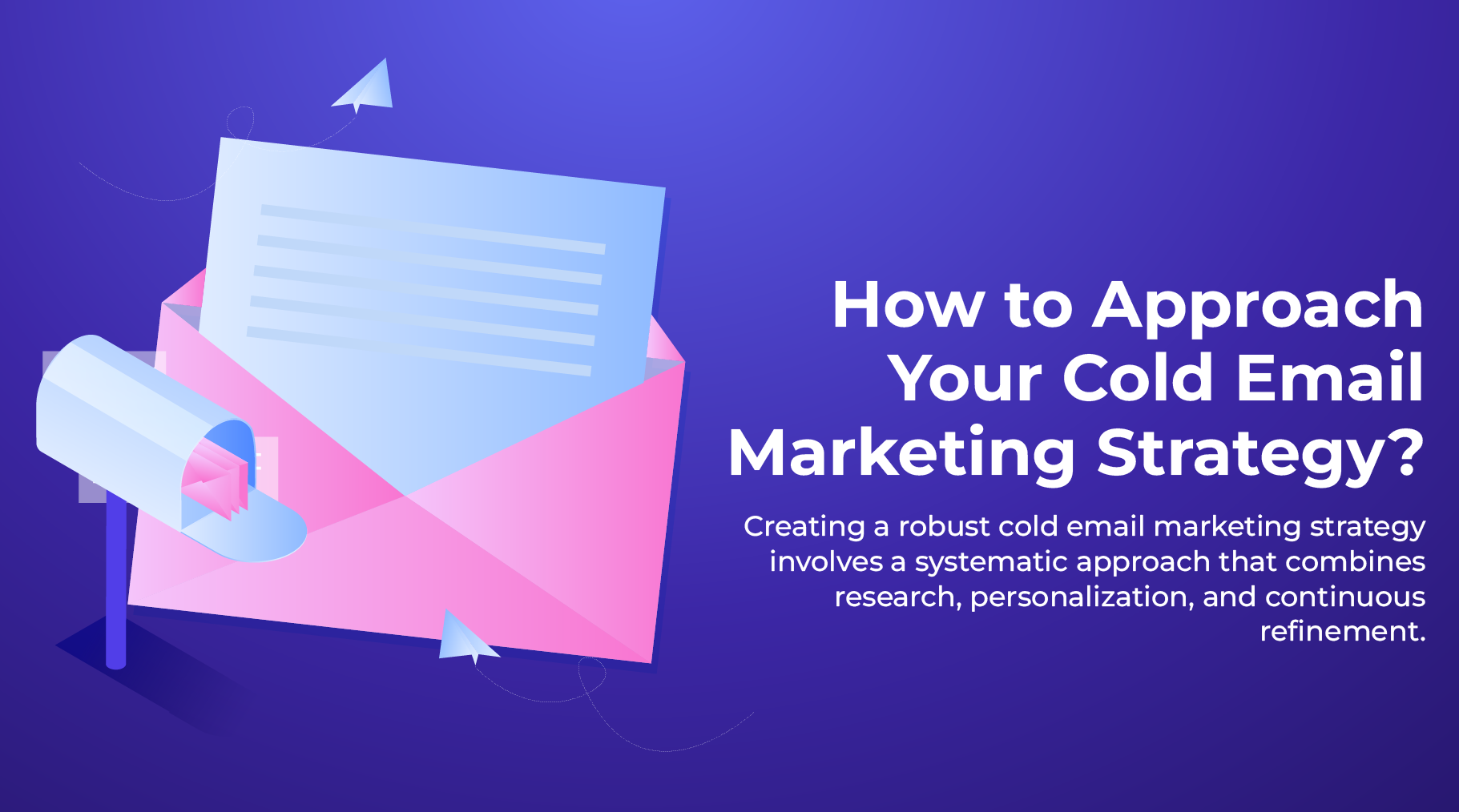
Creating a robust cold email marketing strategy involves a systematic approach that combines research, personalization, and continuous refinement. Let’s delve into the key components to construct an informative strategy:
1. Thorough Audience Research:
Begin by understanding your target audience inside out. Conduct market research to identify pain points, preferences, and industry-specific challenges. This foundational knowledge will shape the effectiveness of your cold emails.
2. Segmentation for Precision:
Segmentation is pivotal. Categorize your email list based on relevant criteria, such as industry, job role, or previous interactions. This segmentation enables tailored messaging, increasing the resonance of your emails.
3. Construct Detailed Buyer Personas:
Develop comprehensive buyer personas to humanize your audience. These personas should encapsulate the goals, challenges, and preferences of your ideal customers. The more detailed, the better your understanding and subsequent communication.
4. Define Clear Email Objectives:
Each email should have a specific objective aligned with your overarching strategy. Whether it’s introducing your SaaS solution, promoting a webinar, or securing a product demo, clarity of purpose enhances the impact of your messaging.
5. Engaging and Relevant Content:
Craft content that is not only concise but also relevant and engaging. Utilize storytelling techniques to vividly illustrate how your SaaS solution addresses specific challenges, providing tangible benefits to the recipient.
6. Strategic Subject Lines:
The subject line serves as the initial touchpoint. Create subject lines that are both attention-grabbing and informative, offering a sneak peek into the value within. Avoid clickbait, ensuring alignment with the email’s content.
7. Holistic Personalization:
Personalization goes beyond inserting a name. Infuse emails with personalized details about the recipient’s business or industry, showcasing a genuine understanding of their context. This builds a connection and enhances receptivity.
8. Establish Trust and Credibility:
Incorporate elements like social proof, testimonials, or case studies to bolster trust in your SaaS solution. Providing evidence of successful implementations adds a layer of credibility that resonates with potential customers.
9. Clearly Defined Call-to-Action (CTA):
Clearly state the desired action you want recipients to take. Whether it’s scheduling a consultation, downloading a resource, or signing up for a trial, a well-articulated CTA guides the recipient’s next steps.
10. Iterative Testing for Optimization:
Implement A/B testing across various elements, including subject lines, content, and CTAs. Analyze the results to discern what resonates most effectively. Use these insights to refine and optimize subsequent email campaigns.
11. Strategically Sequenced Follow-Ups:
Develop a follow-up sequence that strategically nurtures leads and encourages further engagement. Timed follow-ups can reignite interest and provide additional information, reinforcing the value proposition.
12. Continuous Monitoring and Analysis:
Regularly monitor key metrics such as open rates, click-through rates, and conversion rates. The analytics provide a feedback loop for continuous improvement. Stay agile and adjust your strategy based on data-driven insights.
By integrating these informative elements into your cold email marketing strategy, you position yourself to not only capture attention but also provide substantial value. As you refine and adapt your approach over time, the cumulative impact on SaaS sales will be both measurable and substantial. Best of luck with your informed outreach endeavors!
12 Cold Email Marketing: Best Practices
Cold email marketing, when executed with precision, can be a potent tool for SaaS sales. To ensure your campaigns hit the mark, consider these best practices:
1. Compliance First:
Familiarize yourself with email marketing regulations, such as GDPR or CAN-SPAM, to guarantee your campaigns adhere to legal standards. This not only prevents potential legal issues but also fosters trust with your audience.
2. Crystal-Clear Value Proposition:
Clearly communicate the value your SaaS solution provides. What problems does it solve? How does it benefit the recipient? Articulate this in a concise and compelling manner within the email.
3. Segment Your Audience:
Segment your email list based on relevant criteria. This allows for more targeted and personalized communication, increasing the likelihood of engagement.
4. Craft Compelling Subject Lines:
Subject lines are gatekeepers. Make them irresistible and relevant to encourage recipients to open the email. Avoid misleading tactics that may damage trust.
5. Personalization Beyond the Name:
Personalize emails with more than just the recipient’s name. Reference specific details about their business, challenges, or industry trends. Authentic personalization enhances connection.
6. Short and Impactful Content:
Attention spans are short. Keep your emails concise, focusing on key points that highlight the value of your SaaS solution. Break up text into digestible sections for easier reading.
7. Interactive Elements:
Consider incorporating interactive elements like buttons or quick surveys in your emails. This engages recipients and provides an easy pathway for them to take the desired action.
8. Mobile Optimization:
Ensure your emails are optimized for mobile devices. A significant portion of email opens occurs on smartphones, and a seamless mobile experience is crucial for engagement.
9. A/B Testing for Optimization:
Experiment with different elements—subject lines, content, CTAs—and analyze the performance. A/B testing allows you to refine your approach based on data-driven insights.
10. Follow-Up Sequences:
Craft a well-structured follow-up sequence for non-responsive recipients. Persistence, within reason, can increase response rates and move leads further along the sales funnel.
11. Analytics and Metrics:
Regularly analyze key metrics such as open rates, click-through rates, and conversion rates. Use these insights to evaluate the success of your campaigns and make informed adjustments.
12. Continuous Learning and Adaptation:
The digital landscape evolves, and so should your strategy. Stay informed about industry trends, email marketing innovations, and adapt your approach accordingly for sustained success.
By incorporating these best practices into your cold email marketing endeavors, you’ll not only enhance the effectiveness of your campaigns but also build a foundation for long-term success in the competitive realm of SaaS sales.
What Is A Cold Email Marketing Conversion Rate?
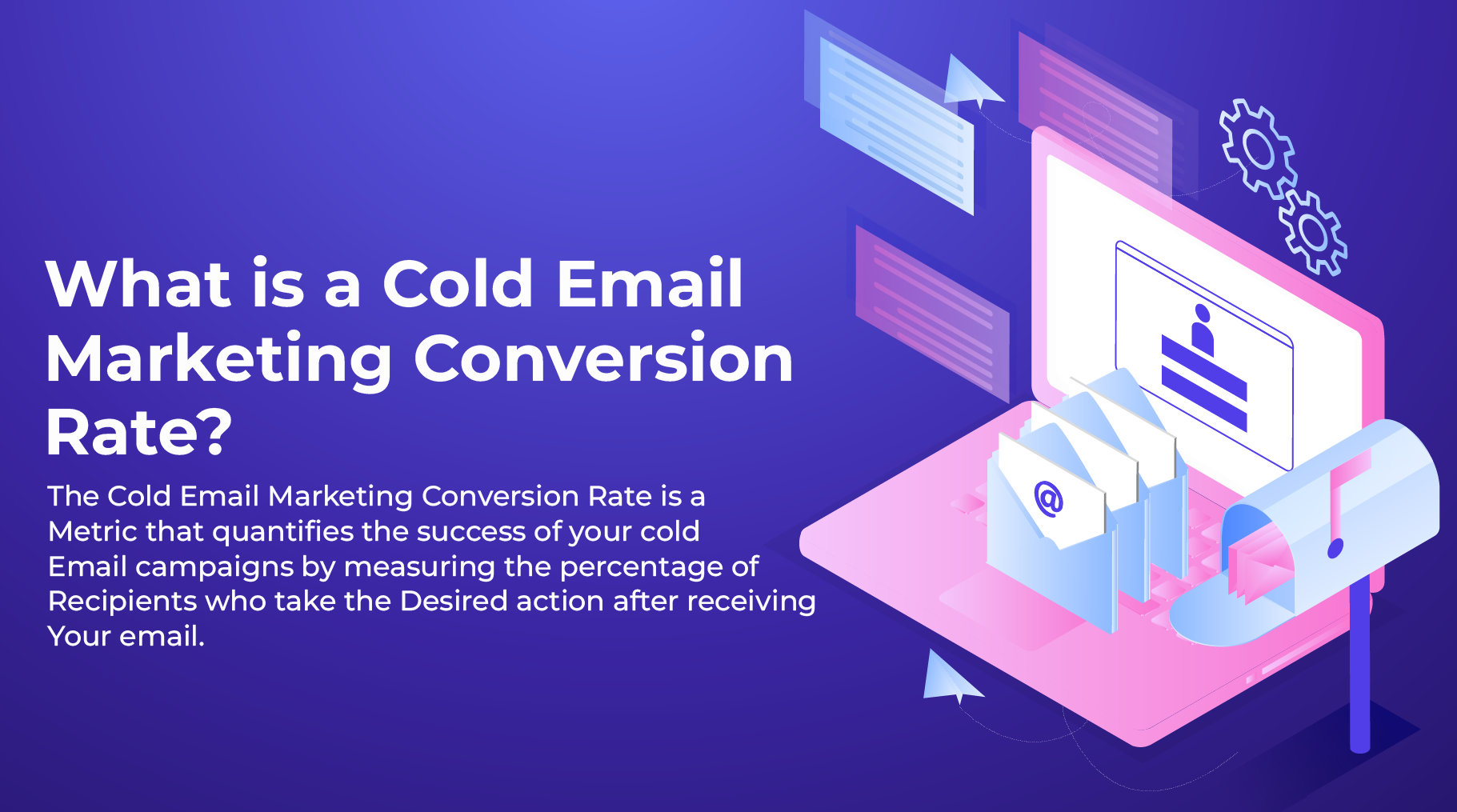
The Cold Email Marketing Conversion Rate is a metric that quantifies the success of your cold email campaigns by measuring the percentage of recipients who take the desired action after receiving your email. This desired action could vary depending on the goal of your email campaign, such as signing up for a free trial, scheduling a demo, or making a purchase.
The formula for calculating the Cold Email Marketing Conversion Rate is:
Conversion Rate= ( Number of Emails Sent/Number of Conversions )×100
Here’s a breakdown of the components:
Number of Conversions: The total count of recipients who performed the desired action prompted by your cold email (e.g., signed up, made a purchase).
Number of Emails Sent: The total number of cold emails delivered to recipients.
Multiplying the result by 100 converts the ratio into a percentage.
A high conversion rate indicates that your cold email strategy is resonating with your audience, compelling them to take the intended actions. Conversely, a low conversion rate may suggest the need for adjustments in your email content, targeting, or overall strategy.
Monitoring and analyzing the Cold Email Marketing Conversion Rate over time can help you refine your approach, identify successful strategies, and optimize your campaigns for better results.
How To Improve Your Cold Email Marketing Conversion Rate
Enhancing your Cold Email Marketing Conversion Rate requires a strategic approach and a willingness to continuously optimize your campaigns. Here are effective strategies to boost your conversion rates:
1. Segment Your Audience:
Tailor your emails based on specific audience segments. By understanding the unique needs and pain points of different groups, you can create more personalized and compelling messages that resonate with each segment.
2. Refine Your Targeting:
Ensure your cold emails are reaching the right people. Regularly update and refine your email lists to focus on individuals or businesses that align closely with your ideal customer profile. Quality over quantity is key.
3. Craft Compelling Subject Lines:
Your subject line is the first impression. Make it attention-grabbing, relevant, and aligned with the content of your email. Experiment with different styles to see what resonates best with your audience.
4. Optimize Email Content:
Keep your email content concise, focused, and value-driven. Clearly communicate the benefits of your SaaS solution and how it addresses the recipient’s specific challenges. Use compelling language and storytelling techniques.
5. Personalization Matters:
Go beyond using the recipient’s name. Incorporate personalized details related to their industry, company, or recent achievements. Authentic personalization builds a connection and increases the likelihood of engagement.
6. Strong Call-to-Action (CTA):
Clearly state the desired action you want the recipient to take. Whether it’s scheduling a demo, signing up for a trial, or exploring more information, a compelling CTA guides the recipient’s next steps.
7. Test and Iterate:
Implement A/B testing for various elements, including subject lines, email copy, CTAs, and even the timing of your emails. Analyze the results and iterate based on what works best for your audience.
8. Mobile Optimization:
Ensure your emails are optimized for mobile devices. A significant portion of users opens emails on their smartphones, and a seamless mobile experience is crucial for engagement and conversions.
9. Follow-Up Sequences:
Develop a well-structured follow-up sequence for non-responsive recipients. Sometimes, a well-timed follow-up can reignite interest and prompt action.
10. Include Social Proof:
Incorporate testimonials, case studies, or other forms of social proof in your emails. Demonstrating the positive experiences of others with your SaaS solution builds trust and credibility.
11. Monitor Analytics:
Regularly track key metrics such as open rates, click-through rates, and conversion rates. Analyze the data to understand patterns and identify areas for improvement. Use insights to make informed adjustments to your strategy.
12. Continuous Learning and Adaptation:
Stay informed about industry trends, changes in email marketing best practices, and continually adapt your strategy. The digital landscape evolves, and being agile is key to sustained success.
By implementing these strategies and consistently analyzing your results, you can enhance your Cold Email Marketing Conversion Rate, turning your outreach efforts into a powerful driver of SaaS sales.
5 Cold Email Marketing Examples For SaaS To Get Inspiration From
Here are five cold email marketing examples tailored for SaaS to inspire your outreach efforts:
1. The Personalized Introduction:
Subject Line: Revolutionize Your Workflow with [Your SaaS Name]
Hi [Recipient’s Name],
I hope this email finds you well. I recently came across [Recipient’s Company] and was impressed by your innovative approach to [specific industry/aspect]. Given your focus on [a relevant topic], I believe our [Your SaaS Name] could significantly streamline your processes.
We’ve successfully helped companies like [Similar Company 1] and [Similar Company 2] achieve [specific results]. I’d love to discuss how we could do the same for [Recipient’s Company].
Could we schedule a brief call next week for a more in-depth conversation?
Best regards,
[Your Name]
2. The Problem-Solving Pitch:
Subject Line: Overcoming [Specific Challenge] with [Your SaaS]
Hi [Recipient’s Name],
I hope this email finds you at a good time. I understand that [specific challenge] is a common hurdle in [Recipient’s Industry]. At [Your SaaS Name], we specialize in solving precisely this challenge.
Our user-friendly platform has helped companies like [Success Story 1] and [Success Story 2] overcome [similar challenges], resulting in [measurable benefits].
I’d love to share more about how [Your SaaS] can be tailored to address the unique needs of [Recipient’s Company]. Would you be open to a quick call this week?
Best regards,
[Your Name]
3. The Exclusive Offer Email:
Subject Line: Exclusive Access: Elevate Your [Specific Process] with [Your SaaS]
Hi [Recipient’s Name],
I trust this message finds you in good spirits. As a valued leader in [Recipient’s Industry], we’re extending an exclusive offer to [Recipient’s Company] for a complimentary trial of [Your SaaS].
[Your SaaS] has proven instrumental in optimizing [specific process], as evidenced by the success stories of [Happy Client 1] and [Happy Client 2].
Would you be interested in exploring this exclusive opportunity? Let me know, and I’ll arrange everything for you.
Best regards,
[Your Name]
4. The Thought Leadership Email:
Subject Line: Unlocking [Industry Trend] Success with [Your SaaS]
Hi [Recipient’s Name],
I hope this email finds you well. I’ve been following your insights on [specific industry trend] and couldn’t help but think about how [Your SaaS] aligns with this evolving landscape.
Our platform has been at the forefront of helping companies navigate and leverage [industry trend] effectively. I’d love to share some insights and explore how we can contribute to the success of [Recipient’s Company].
Could we schedule a time for a brief chat to exchange thoughts on [industry trend] and its impact on [Recipient’s Company]?
Best regards,
[Your Name]
5. The Interactive Content Email:
Subject Line: Quick Poll: Tailoring [Your SaaS] to Your Needs
Hi [Recipient’s Name],
We hope this message finds you thriving. As we continually refine our offerings at [Your SaaS], we value your input.
Could you spare a moment to share your thoughts in this quick poll: [Link to Poll]?
Your insights will help us tailor our solutions to better suit the needs of companies like [Recipient’s Company].
Thank you for your time, and we look forward to hearing your thoughts.
Best regards,
[Your Name]
Feel free to adapt and customize these examples to align with your specific SaaS offering and the needs of your target audience.
Top 7 Cold Email Marketing Tools To Try In 2024
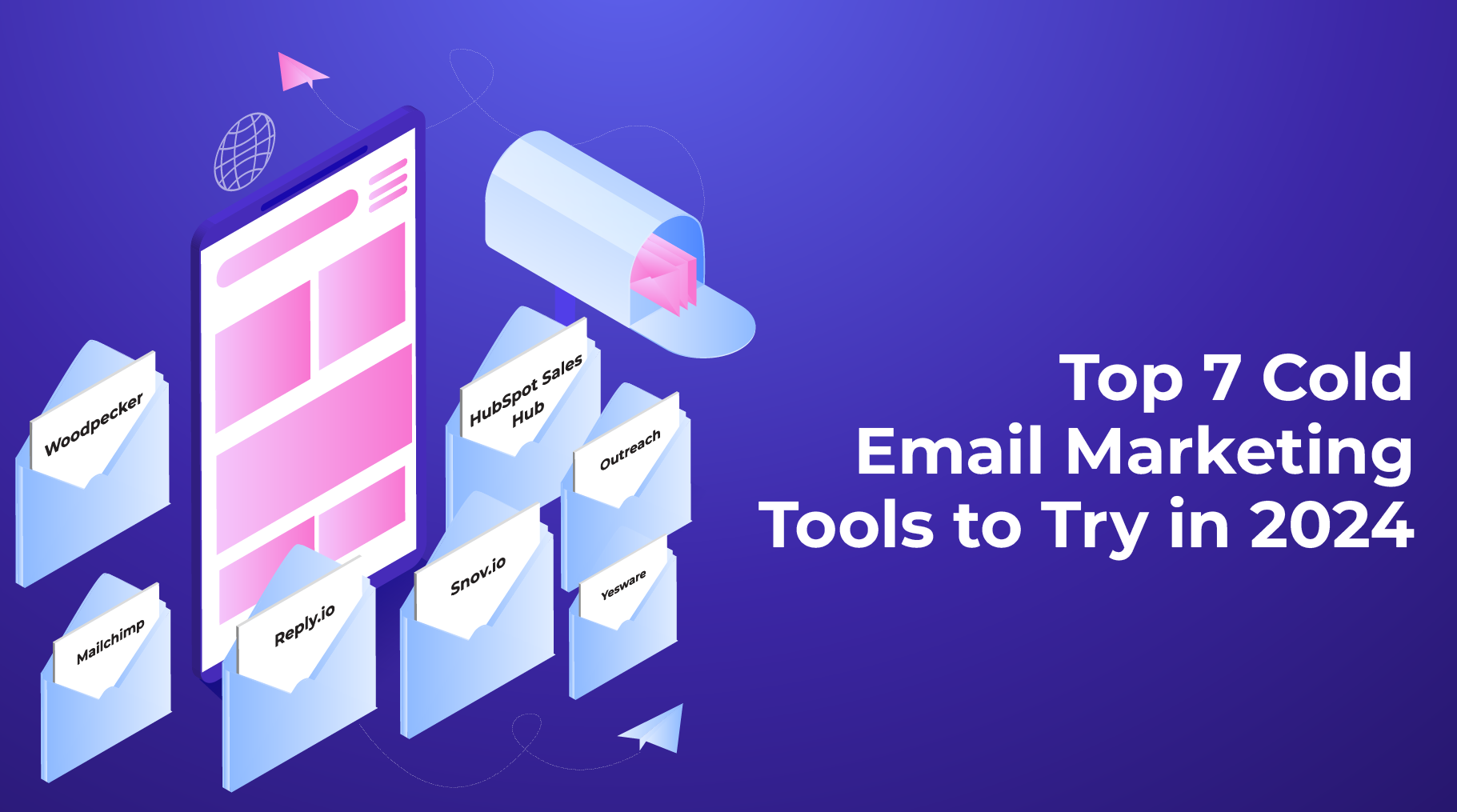
As of my last knowledge update in January 2022, I don’t have real-time data or updates on specific tools released or trends emerging in 2024. However, I can recommend some popular cold email marketing tools that were widely used as of my last update. Keep in mind that the landscape may have evolved, and new tools may have emerged since then. Here are seven tools that were effective for cold email marketing:
1. HubSpot Sales Hub:
HubSpot offers a comprehensive suite of sales and marketing tools, including Sales Hub for email tracking, templates, and automation. It allows you to track email opens, create personalized templates, and automate follow-up sequences.
2. Mailchimp:
Known for its email marketing capabilities, Mailchimp provides features for creating, sending, and tracking cold email campaigns. It includes customizable templates, analytics, and automation features to streamline your outreach.
3. Outreach:
Outreach is a sales engagement platform that supports cold email campaigns. It offers features such as sequence automation, email tracking, and analytics to optimize your outreach efforts and improve response rates.
4. Reply.io:
Reply.io is designed for sales outreach and cold emailing. It provides tools for creating personalized email campaigns, tracking responses, and managing follow-ups. The platform aims to streamline the communication process with prospects.
5. Snov.io:
Snov.io is an all-in-one cold outreach platform that offers email finder, verifier, and sender tools. It helps you find email addresses, verify their validity, and send personalized emails at scale.
6. Woodpecker:
Woodpecker is an email automation tool that focuses on personalized outreach. It allows you to create and manage cold email campaigns, track responses, and set up follow-up sequences.
7. Yesware:
Yesware is a sales productivity platform that includes email tracking, templates, and analytics. It integrates with popular email platforms like Gmail and Outlook, providing insights to help improve your email engagement.
Before selecting a tool, consider your specific needs, budget constraints, and any specific features that align with your cold email marketing strategy. Additionally, check for the latest reviews and updates to ensure the tools are still relevant and effective in 2024.
Conclusion
Successful cold email marketing for SaaS hinges on a strategic blend of personalization, clear value propositions, and audience segmentation. Crafting emails that go beyond generic content and resonate with recipients on a personal level is key. Testing and optimization, compliance with regulations, and the building of trust through transparent communication contribute to campaign effectiveness.
Continuous learning and adaptation, staying abreast of industry trends, and utilizing data-driven analysis for refinement are critical for long-term success. By prioritizing these elements, businesses can create compelling cold email campaigns that not only engage potential customers but also drive meaningful conversions in the competitive landscape of SaaS marketing.
Unlock Your SaaS Potential Now! Explore Proven Cold Email Strategies for 2024. Elevate Conversions with Personalized Outreach. Get Started Today!

